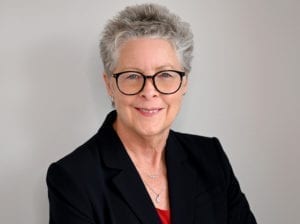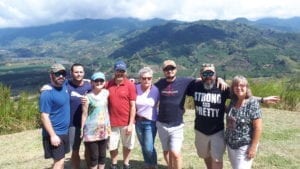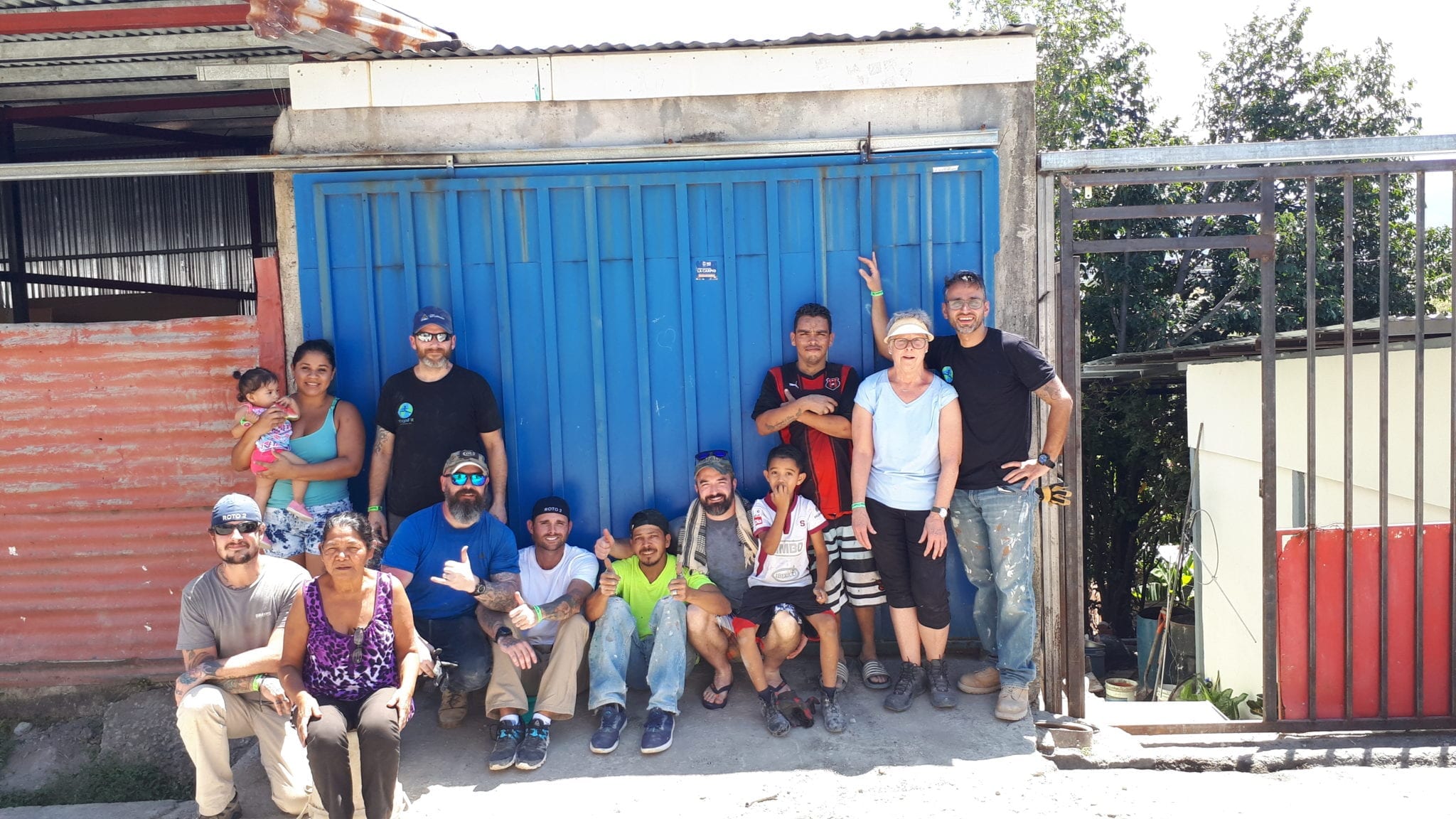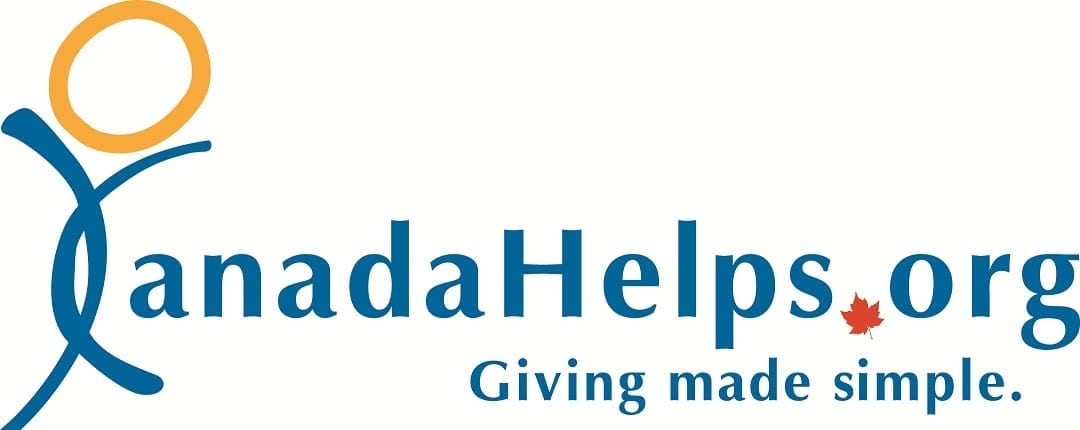
Lise Preston
Hi…my name is Lise Preston, one of Camp Aftermath’s mental health experts and I wanted to take a few moments to share some thoughts and feelings about the Camp Aftermath program. Yes, I am a volunteer – a social work psychotherapist and I joined the team of mental health professionals of the Aftermath Association about 2 years ago – at the tail end of Camp Aftermath’s first endeavour, “Roto 1.”

Lise Preston on Roto 2
Now, we’re in the midst of getting ready for our third rotation – an all-female cohort. Yes, the pandemic has made the planning a little challenging but we are determined to offer this program to women who have given so much of themselves for others…this year! The pandemic has not allowed us to venture to our usual “camp” in Costa Rica but we have the honour to join


